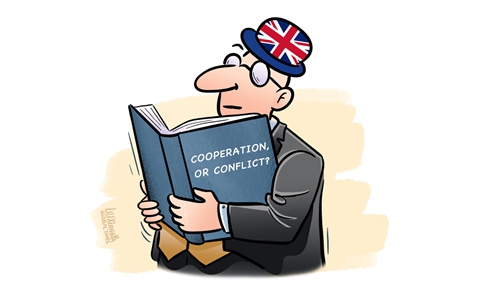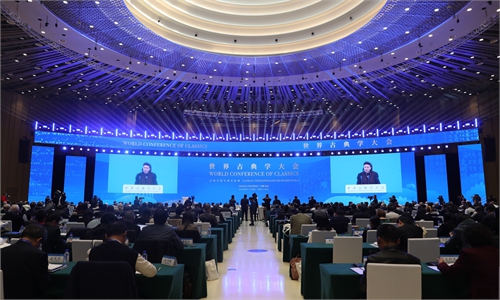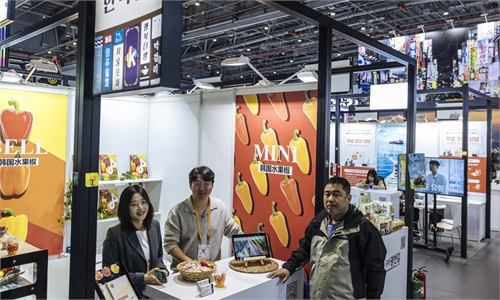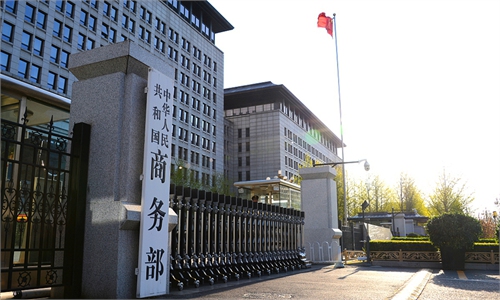Genuine win-win cooperation between China and African countries should not be limited: Zambian Ambassador to China
Western ‘debt trap’ narrative is flawed, denigrating win-win cooperation between countries: envoy
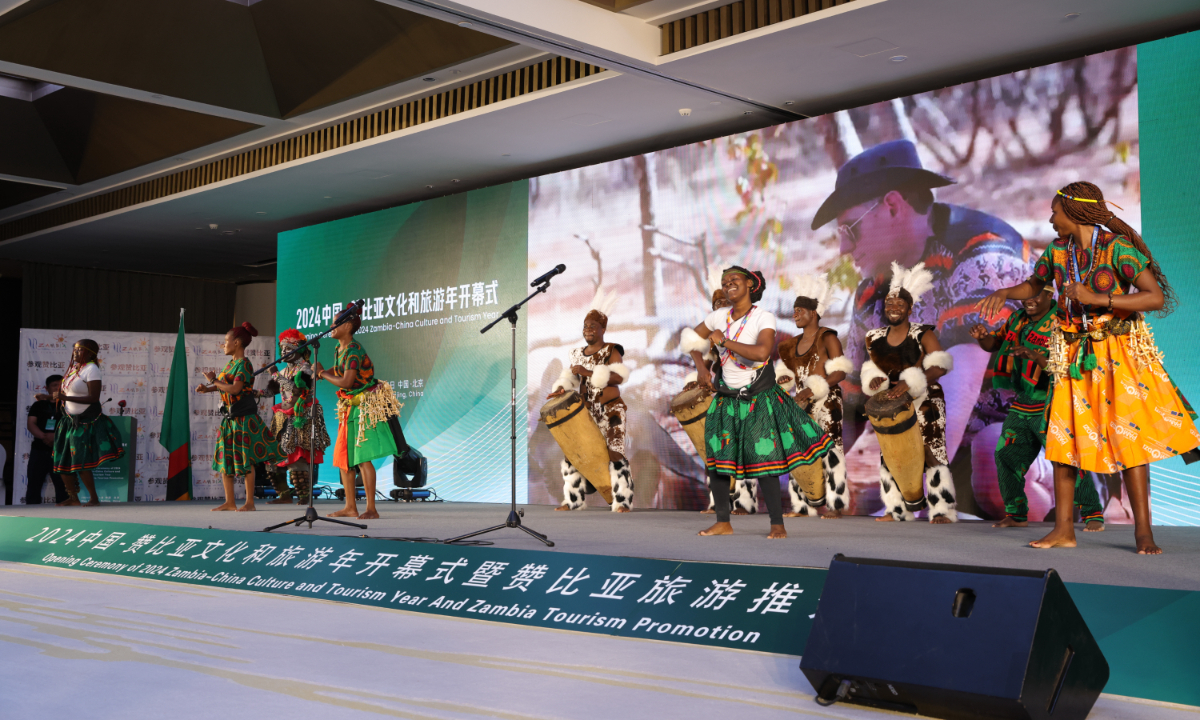
A Zambian acting group at the opening ceremony of the 2024 Zambia-China Culture and Tourism Year and Zambia Tourism Promotion on May 11, 2024 in Beijing, capital of China. Photo: VCG
Editor's Note:
This year marks the 60th anniversary of diplomatic ties between China and Zambia. During those years, China-Zambia ties have withstood the test of changes in the international landscape, and the two countries have upheld genuine friendship and joined hands for shared progress. Cooperation projects such as the Tanzania-Zambia Railway and the Kafue Gorge Lower Hydropower Station attest to the all-weather friendship and the comprehensive strategic cooperative partnership enjoyed by the two countries. Global Times (GT) reporter Chu Daye recently conducted an exclusive interview with Zambian Ambassador to China Ivan Zyuulu (Zyuulu), during which the envoy shared his views on the latest developments in bilateral cooperation and China's cooperation with African countries. The envoy stressed that hype about a so-called China "debt trap" should not be allowed to limit China's cooperation with Africa and noted the potential of engaging in bilateral cooperation in green industries.
GT: Africa-China cooperation has entered a new phase. In your opinion, what is the biggest achievement of the recently concluded Forum on China-Africa Cooperation (FOCAC) summit?
Zyuulu: A lot of achievements were made during the 2024 FOCAC summit, building on the successes of past years. The list would be too long to discuss in this interview. However, one outstanding thing that came out clearly was the blueprint outlining the 10 key guiding principles of partnership actions for FOCAC in the next three years, underlining China's commitment to enhancing China-Africa cooperation in various areas ranging from mutual learning among civilizations and trade prosperity to industrial chain cooperation and connectivity.
In order to effectively implement these 10 partnership actions, the Chinese government will provide 360 billion yuan ($50.29 billion) of financial support in the next three years.
GT: What are the new highlights in bilateral trade and economic cooperation since Zambian President Hakainde Hichilema's successful visit to China? China and Zambia recently announced a plan to cooperate to build the first cholera vaccine production plant in Africa. What is its significance?
Zyuulu: There have been several key highlights in bilateral trade and economic cooperation since the visit of President Hakainde Hichilema to China.
The recent announcement of plans to cooperate and build the first cholera vaccine production plant is a game changer in the pharmaceuticals manufacturing industry. What the experience of COVID-19 gave Africa, and Zambia in particular, is that it made clear that countries in the West with the capacity to produce vaccines were concentrating on providing the vaccines to their citizens and African countries became last on the list of priorities. The vaccine plant will help transfer skills and technology for extending the capacity to produce vaccines for other diseases as well. This is a very significant development for the health industry in Zambia and Africa in general.
GT: China signed multiple agricultural cooperation deals with African countries during the FOCAC summit, including a protocol for Zambian soybeans. How do you assess the potential of China-Zambia agricultural cooperation?
Zyuulu: As you know, China is the second-biggest economy in the world and one of the fastest-growing economies, with huge demand for a lot of agricultural products.
China's opening-up by giving zero-tariff treatment to 100 percent of tariff lines to all African countries with diplomatic relations with China provides a big opportunity for African countries, including Zambia, to expand their offerings in terms of agricultural products that may be exported to China.
This is very important for countries like Zambia, in that it helps diversify the sources of foreign exchange and contributes to relative stability in the foreign exchange markets and ultimately macroeconomic stability and growth.
GT: How do you respond to the so-called "debt trap" narratives fanned by some Western media outlets?
Zyuulu: First of all, we must note that all countries borrow. The most important point is how they utilize the borrowed funds, regardless of where they are sourced from. If invested in viable productive activities, borrowed funds can facilitate successful, stable and sustainable development.
Should the funds acquired through debt be used for non-productive consumption purposes, paying these funds back will certainly be difficult and the country may find itself in difficulties regardless of where the funds were sourced from.
The so-called "debt trap" narrative of some media outlets is a misconception aimed at discouraging honest mutual cooperation on a win-win basis, which the Chinese government has put in place through frameworks such as the FOCAC and the Belt and Road Initiative. It should therefore not be allowed to limit genuine, honest development cooperation between China and African countries.
GT: What's your take on the narrative of some Western media outlets that China has green industry "overcapacity" and is offloading it to the world? How can Zambia and China work together to boost the green transition?
Zyuulu: To say the least, Zambia is impressed with the Chinese pace of development of the green industry over a relatively short period of time. Countries should admire this feat and praise China for advancing technology that contributes to a reduction in carbon emissions. We are happy with the so-called overcapacity and offloading of green energy products on the world market such as electric vehicles.
This means that consumers, especially those from low-income countries, will be able to access these products at relatively lower prices. This will help speed up the use of green energy and make a significant dent in carbon emissions and their attendant impact on climate change. In view of this, Zambia is keen to continue working with China to boost the green transition. This will be done through cooperation in increasing clean energy generation capacity in Zambia by building solar power generation facilities, as Zambia works on diversifying its energy generation.
It is estimated that about 85 percent of electricity generation is from hydropower plants, which are susceptible to low output during years of poor rain conditions. The other area of cooperation is in electric vehicle manufacturing. Zambia has the key resources required for electric vehicles such as lithium and cobalt, which can be used to establish manufacturing plants in Zambia and produce vehicles for the domestic market as well as for exports to countries in the region and beyond.
Global Times
